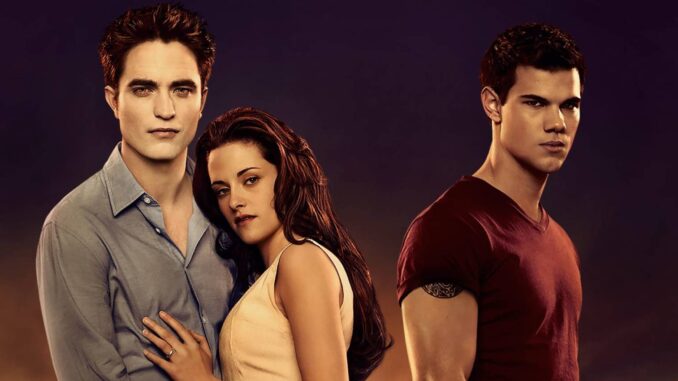
Why the Twilight Saga Remains a Pop Culture Phenomenon: A Love Bite That Still Lingers
The year is 2008. The world is grappling with a financial crisis, Obama is on the cusp of historic change, and teenagers, mostly girls, are consumed by something far more pressing: the arrival of the Twilight Saga. Ten years on from the final film, and nearly twenty since the release of the first book, the franchise still lingers in the collective cultural consciousness. While often dismissed as shallow and overly dramatic, the Twilight Saga's continued resonance as a pop culture phenomenon can be attributed to its masterful exploitation of universal desires, its savvy adaptation to a rapidly evolving media landscape, and its unexpectedly powerful role in shaping contemporary romance tropes.
At its heart, Twilight is a story about longing. Bella Swan, the awkwardly relatable protagonist, embodies the adolescent yearning for acceptance and belonging. Moving to the perpetually overcast town of Forks, she finds herself an outsider, a feeling all too familiar to teenagers navigating the turbulent waters of identity. The arrival of the impossibly beautiful and enigmatic Edward Cullen catapults her into a world of thrilling danger and forbidden love. This narrative taps into the primal human desire to be seen, valued, and ultimately, loved unconditionally. Edward, with his centuries of wisdom and unwavering devotion, becomes the ultimate romantic fantasy: a flawed yet fiercely protective figure willing to sacrifice everything for the object of his affection. This potent cocktail of teenage angst and idealized romance is what initially hooked legions of fans, and continues to resonate with each new generation discovering the story.
The success of Twilight wasn't solely reliant on its compelling narrative, but also on its clever adaptation to the burgeoning social media landscape. The books' release coincided with the rise of online fan communities, transforming readers from passive consumers to active participants. Fan fiction flourished, expanding the Twilight universe in countless directions and giving readers a sense of ownership over the story. Online forums buzzed with theories, character analyses, and debates, fostering a sense of community and shared passion. This online engagement amplified the franchise's reach and ensured its continued relevance long after the initial release. The film adaptations further fueled this fire, casting the characters in a way that was both visually appealing and actively engaged with fan feedback, further cementing the bond between the story and its audience.
Furthermore, the Twilight Saga, despite its criticisms, played a significant role in shaping contemporary romance tropes. While some denounce the Edward/Bella relationship as unhealthy and codependent, it undeniably influenced subsequent depictions of supernatural romance. The trope of the broody, powerful, yet tormented male lead, obsessed with a seemingly ordinary female, became a staple in young adult literature and film. Series like "The Vampire Diaries" and "The Mortal Instruments" owe a debt to Twilight's pioneering exploration of this dynamic. Even outside the supernatural realm, the emphasis on intense, all-consuming love, often fraught with internal and external obstacles, has become a defining characteristic of contemporary romance narratives, largely thanks to the groundwork laid by the Twilight Saga.
Of course, the Twilight Saga is not without its flaws. Its problematic depiction of consent, its simplistic prose, and its arguably outdated gender roles have all been rightly criticized. However, to dismiss its impact on popular culture solely based on these shortcomings would be a disservice. The Twilight Saga, in its own way, tapped into the collective subconscious of a generation, offering an escape from the mundane and a promise of extraordinary love. Its success lies not just in its narrative, but in its ability to connect with its audience on an emotional level, fostering a sense of community and shaping the landscape of romance storytelling for years to come. Even as critics scoff and memes proliferate, the lingering love bite of Twilight remains, a testament to its enduring power as a pop culture phenomenon. Its legacy continues to be debated and analyzed, but one thing is certain: Twilight, like its immortal characters, refuses to fade into the shadows.
